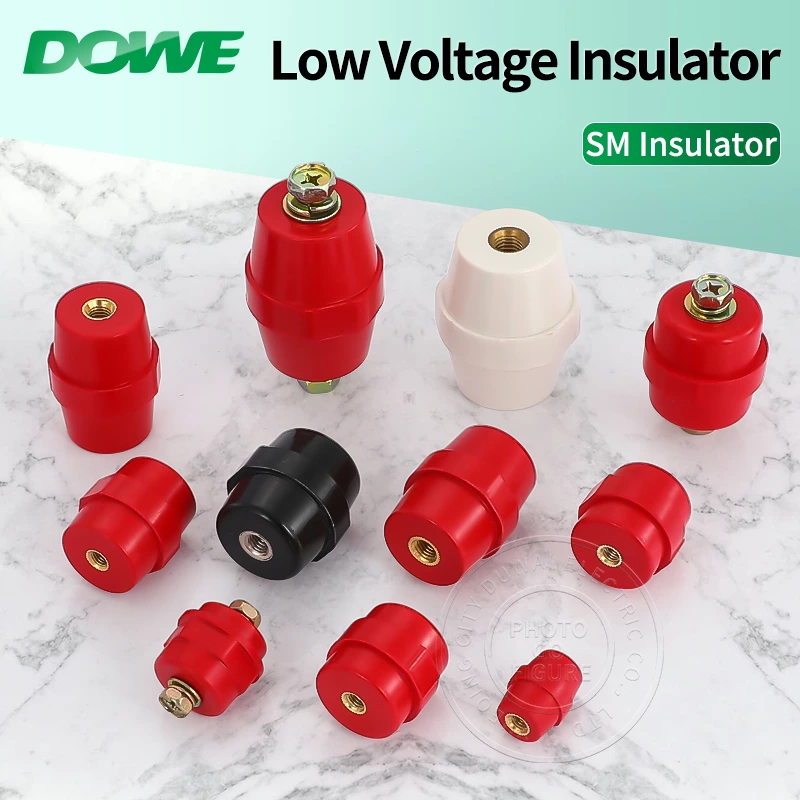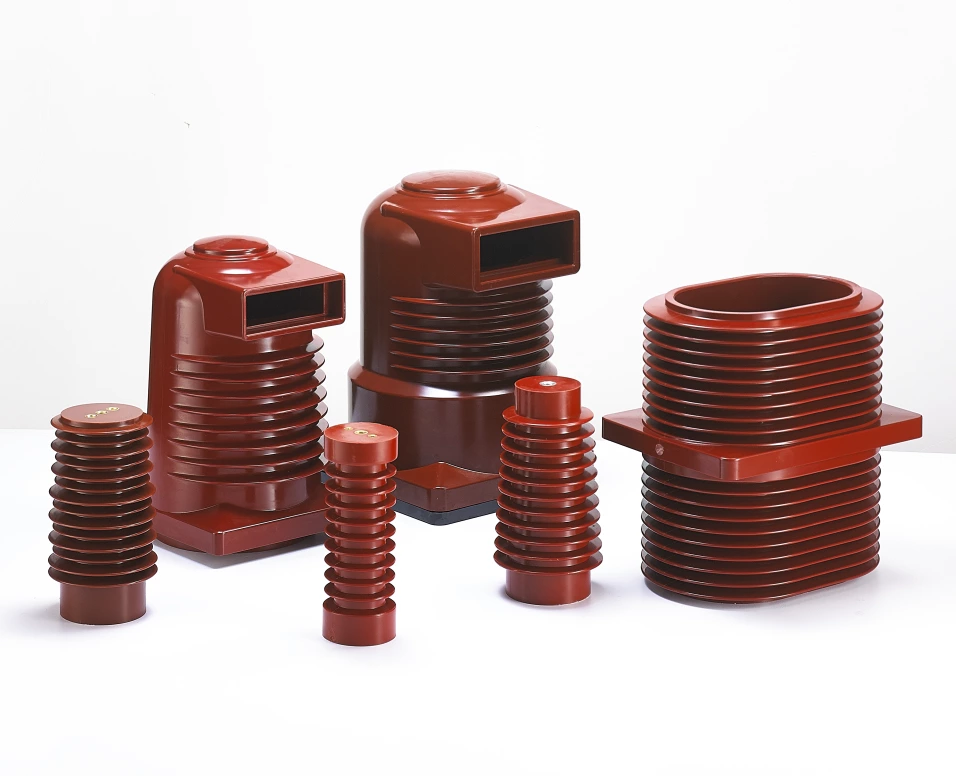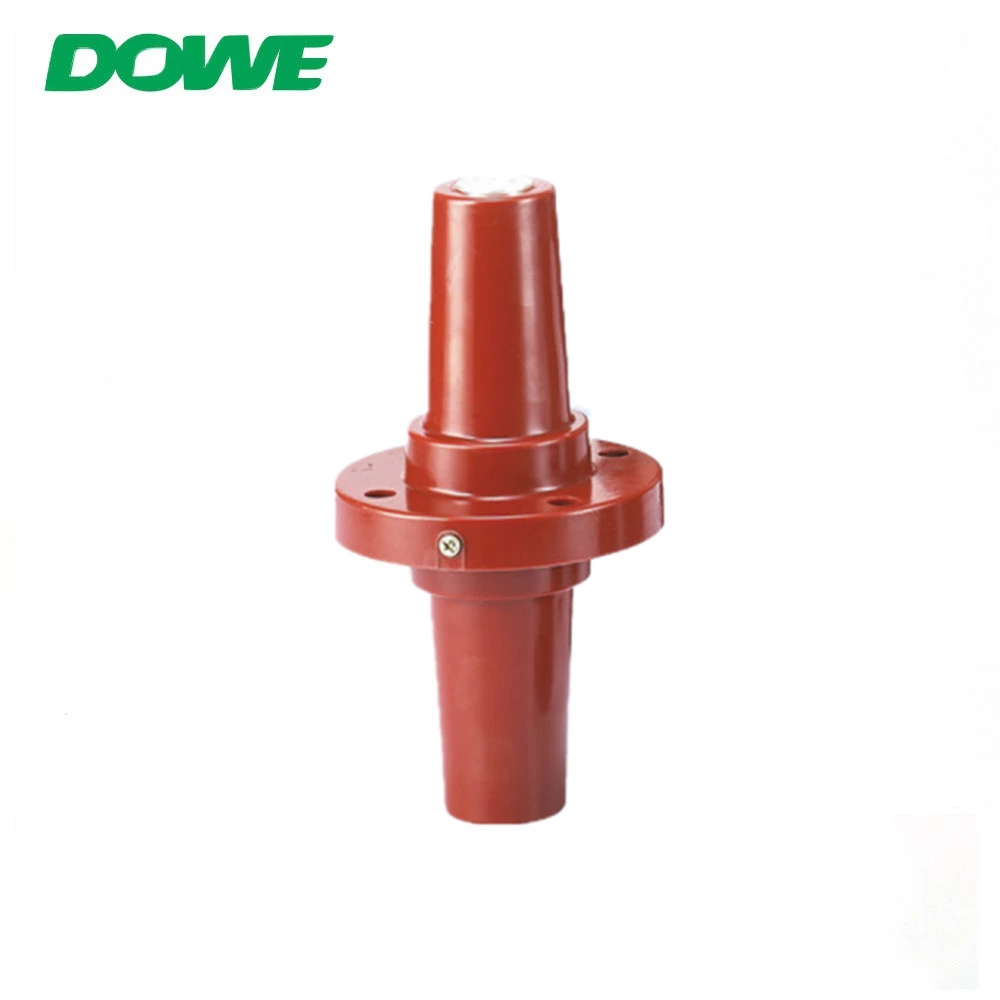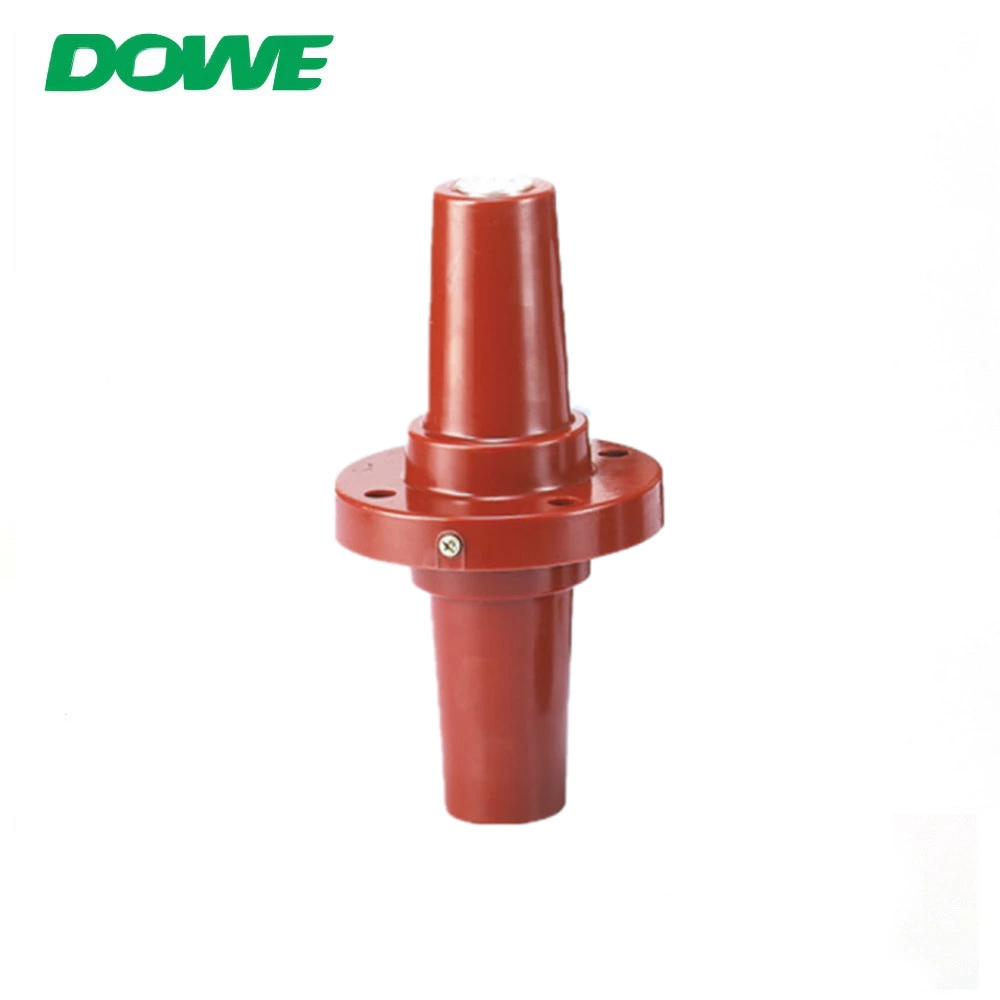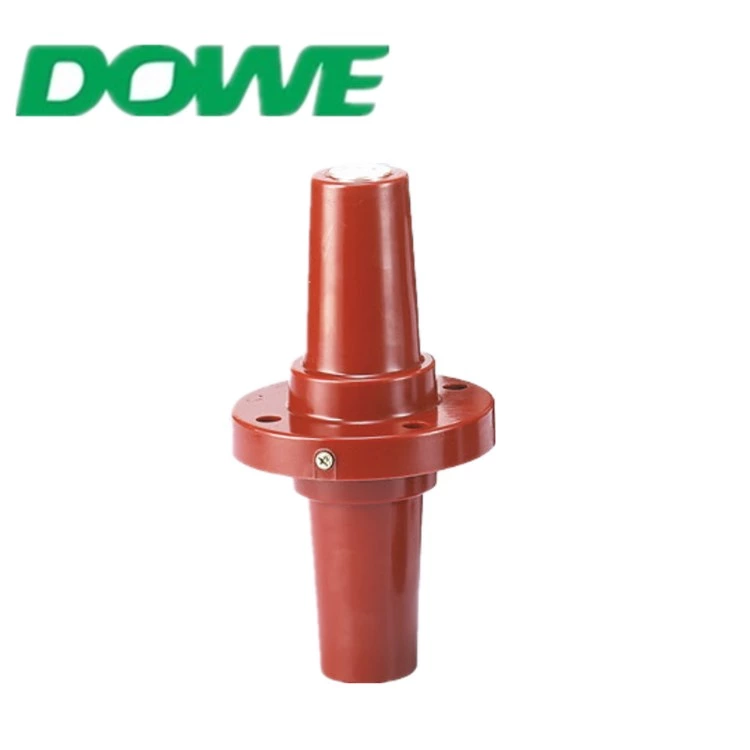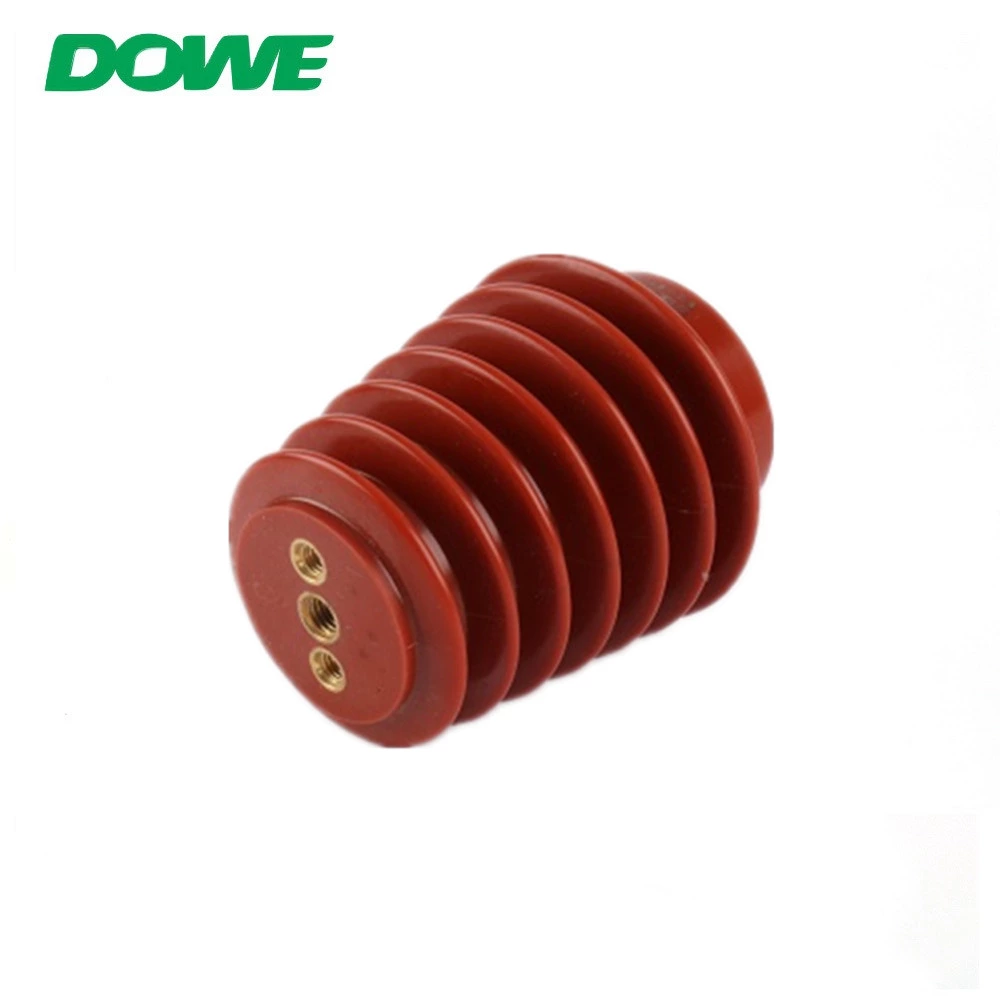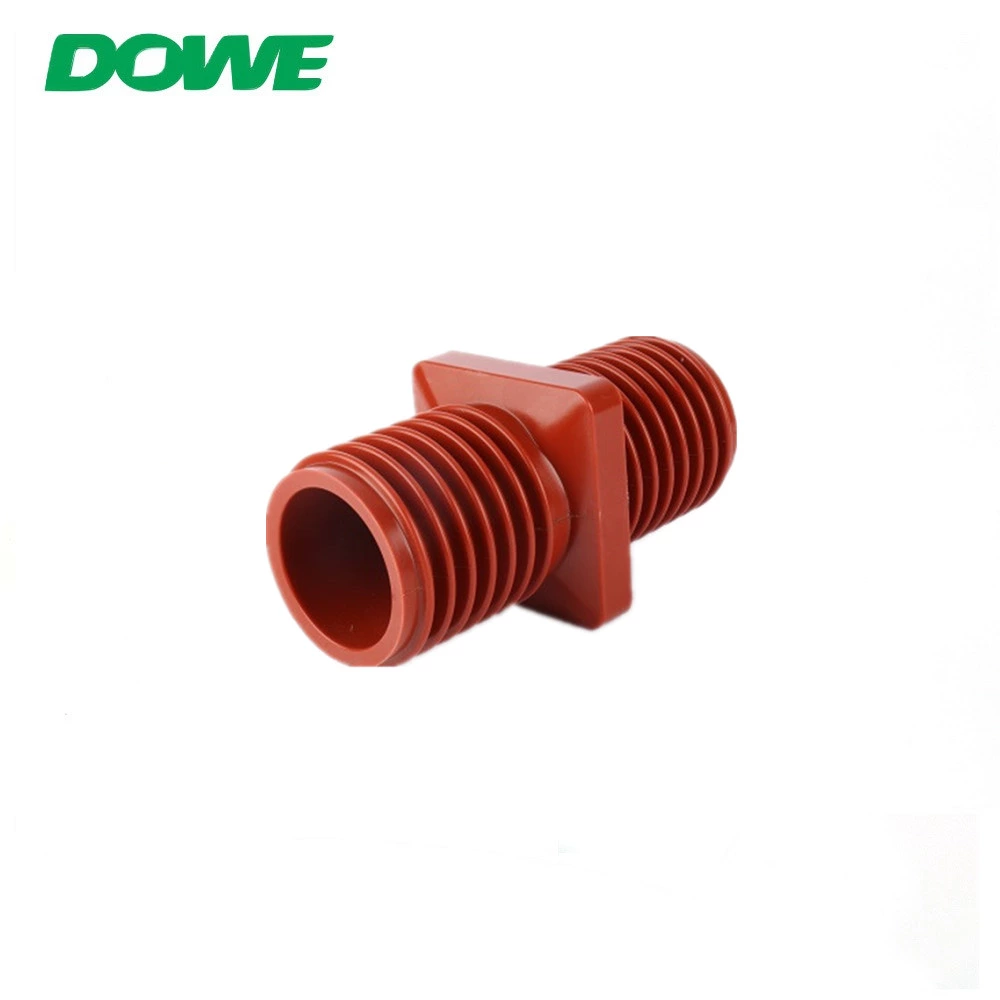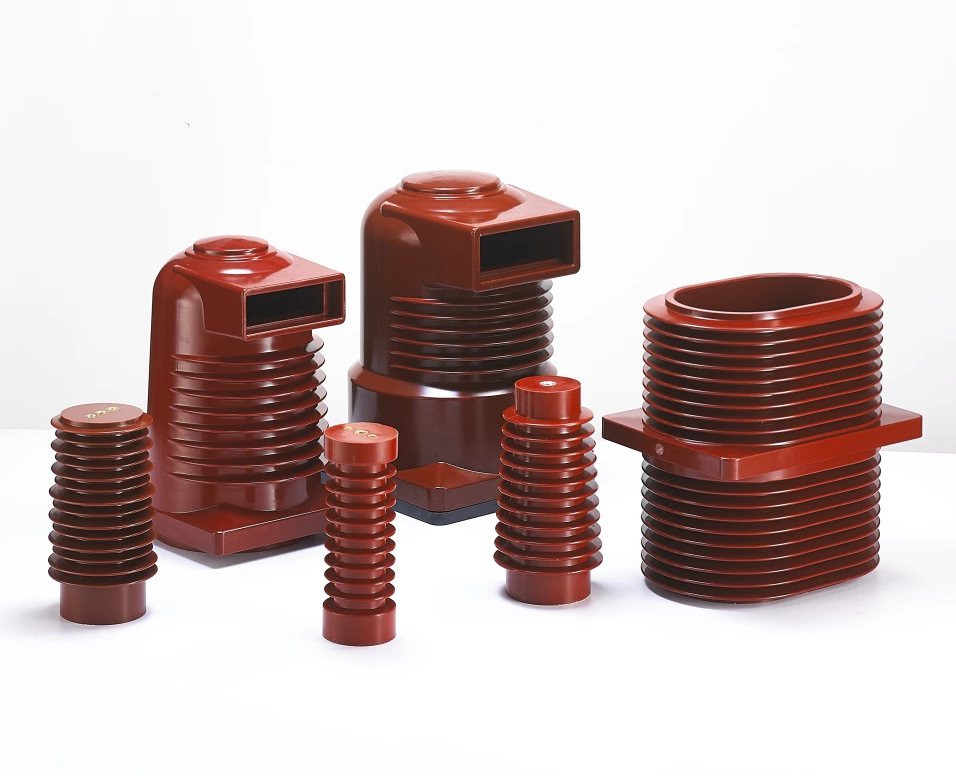What Are the Risks of Using Low-Quality Busbar Insulators in Your System?

Do you worry about sudden system breakdowns? That fear grows when busbar insulators fail. I once faced frantic downtime that cost me a fortune. I found a solution.
Low-quality insulators risk electrical shorts, frequent repairs, and safety violations. That erodes trust in your brand. Upgrade to durable, standards-compliant busbar insulators to lower downtime, reduce hazards, and improve overall operational security.
I remember a meltdown in my workshop years ago. That event taught me the importance of quality. Let me show you how to dodge these issues and keep your system safe and stable.
[Table of contents]
- Why do cheap busbar insulators fail?
- How do I identify the right suppliers?
- Are there hidden safety and cost impacts?
- How do I handle certifications and standards?
- Conclusion
Why do cheap busbar insulators fail?
Cheap insulators often skip global testing standards1. I noticed cracks in them under high stress, leading to sparks. That cost me a major client. Quality matters more than price.
Most cheap insulators rely on subpar materials and weak designs. That raises failure rates under stress. Use proven brands, like ours at DOWE, to guarantee stable and compliant performance for B2B wholesale projects worldwide.
Cheap units often come from manufacturers that skip global certifications. They rely on fragile plastic or metal alloys. These materials crack under load. That triggers short circuits or meltdown in renewable energy systems.
Common Failures
I see partial discharges and overheating. That leads to insulation breakdown. If ignored, the busbar can arc or spark. That threatens entire operations and can erode trust in your brand.
Real Case: My Experience with Pranav
I once helped Pranav, a buyer from the U.S. His prior supplier used counterfeit certifications. That caused insulation cracks. He faced project delays and extra costs. I guided him toward verified, sturdy materials.
| Material | Strength Level | Common Issue |
|---|---|---|
| Plastic | Low | Cracks under heat |
| Ceramic | High | More consistent |
How do I identify the right suppliers?
Selecting a reliable partner can be tough. I struggled when I started. I discovered that prompt communication, valid certificates, and real references matter more than flashy presentations.
Check supplier track records, request real test reports, and confirm their presence in trade shows. I rely on direct calls and sample tests. Trust builds with transparent supply chains, especially in B2B wholesale markets.
I always demand official certifications like ISO 90012 and UL3. I also compare standard adherence across different factories. Some claim compliance but cannot show records. A quick video call can confirm whether they have real facilities.
Negotiation Tips
I set clear terms for small-batch samples. I also verify logistics channels and payment options. That reduces risk and ensures smooth shipments. This approach works well in my B2B dealings with large-scale, overseas buyers.
Are there hidden safety and cost impacts?
Poor insulators cause more than downtime. They endanger workers, lead to huge liability claims, and hurt company growth. I saw a lab meltdown due to subpar materials once.
Hidden costs appear in repairs, legal fees, and potential reputation damage. My brand, DOWE, invests in advanced molding and quick customization to avoid these pitfalls, ensuring consistent quality for large corporate buyers worldwide.
Replacing faulty units takes labor, shipping, and scheduling time. That disrupts the entire supply chain. I compare this to paying a premium for verified components from the start. The latter often saves money in the long run.
Regulatory Factors
Non-compliance leads to heavy fines. Some authorities even force facility shutdowns. I keep up with updated certifications, like RoHS4 or REACH4, to meet global demands. That reassurance helps me close deals with Europe, the Americas, and other key markets.
How do I handle certifications and standards?
Global markets demand recognized test reports. I recall failing an inspection once due to unclear labeling. That taught me the importance of adhering to widely accepted industry standards.
To avoid trouble, I secure third-party audits5. That assures customers of real compliance. Many of my corporate clients check verified UL listings or request ISO documents. That fosters trust and confirms product consistency.
I email labs directly to validate certificates. I ask for updated test results, especially for new product molds. That ensures we meet the evolving standards and keep my partners confident in our B2B offerings.
My Certification Checklist
I keep a simple checklist. First, confirm ISO 9001. Next, look for UL or CE for safety. Then, check if they have specialized approvals for specific regions. This way, I avoid uncertain claims and protect my brand.
Conclusion
High-quality busbar insulators prevent costly failures. I learned that lesson the hard way. Now, I always invest in trusted brands. That keeps my business thriving worldwide.
-
Learn about the essential global testing standards that ensure the reliability and safety of busbar insulators. ↩
-
Discover how ISO 9001 certification demonstrates a company's commitment to quality management systems. ↩
-
Understand the significance of UL certification in guaranteeing product safety and compliance. ↩
-
Find out how RoHS and REACH regulations impact the manufacturing and compliance of electrical components. ↩ ↩2
-
Explore the advantages of third-party audits in ensuring product quality and building customer trust. ↩
